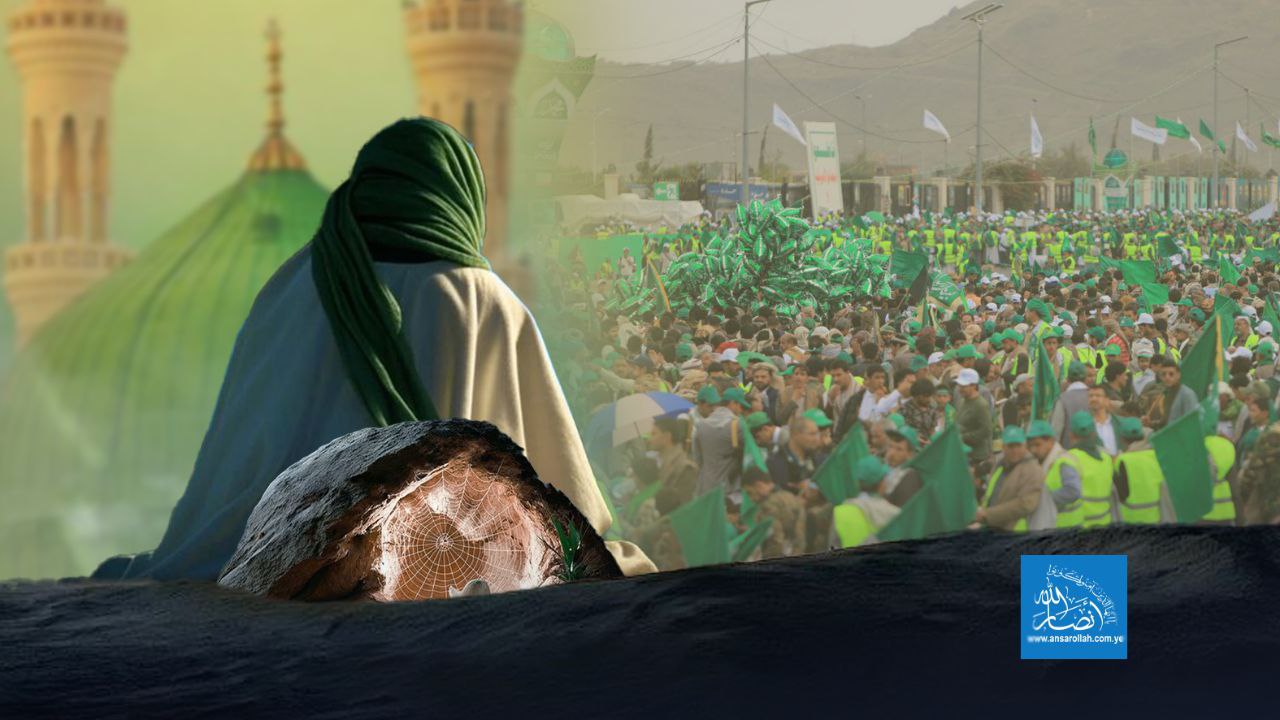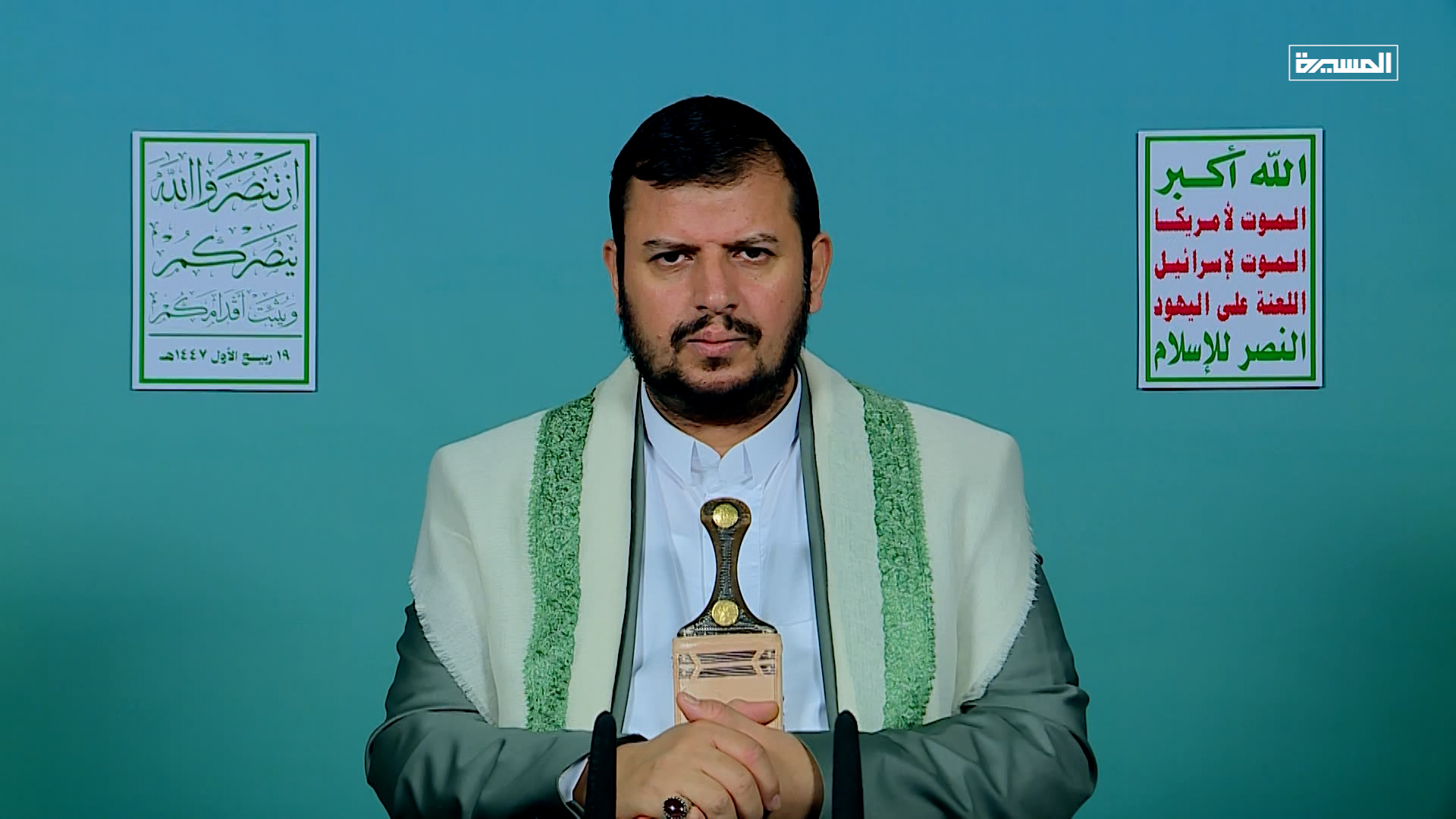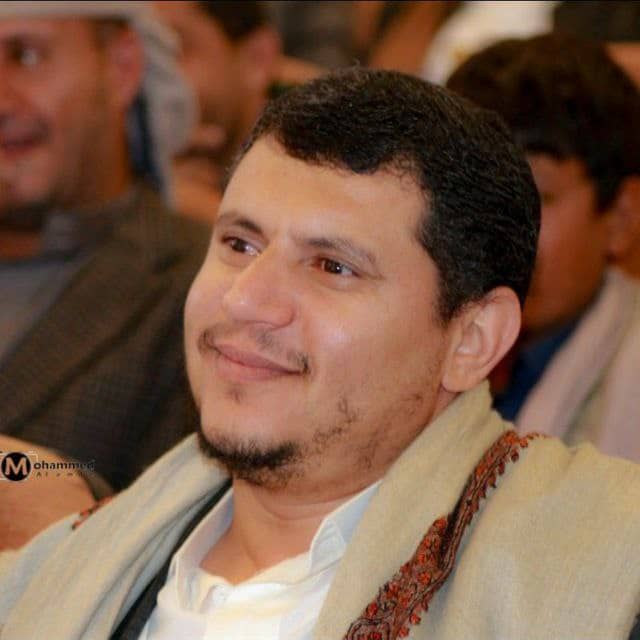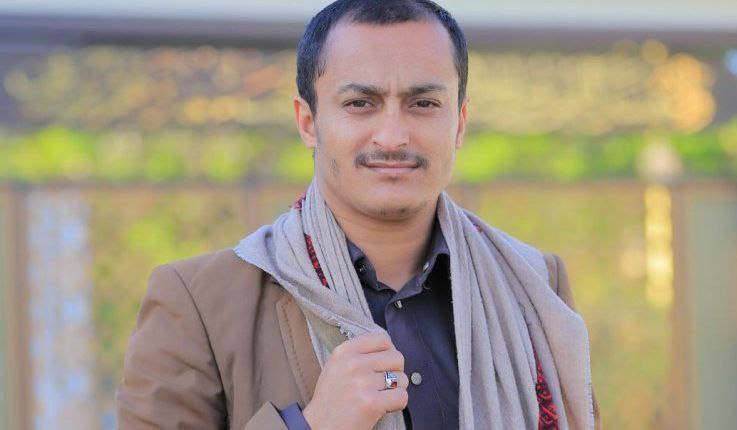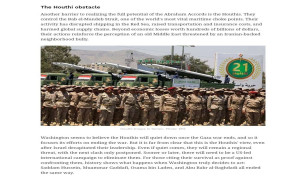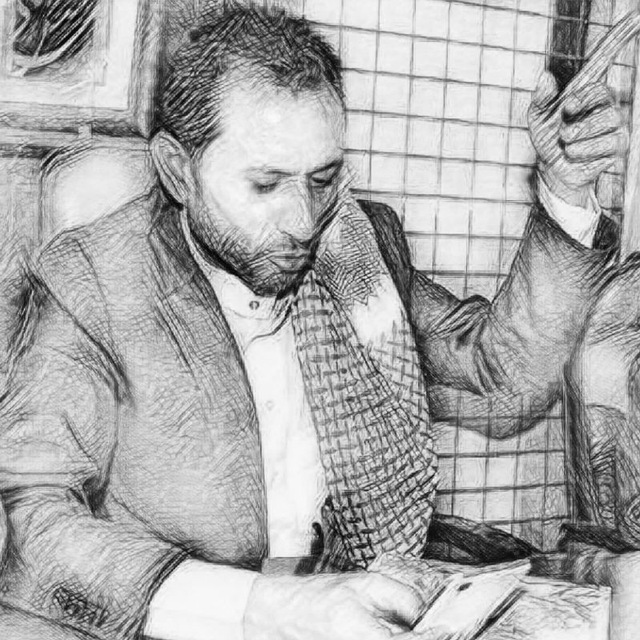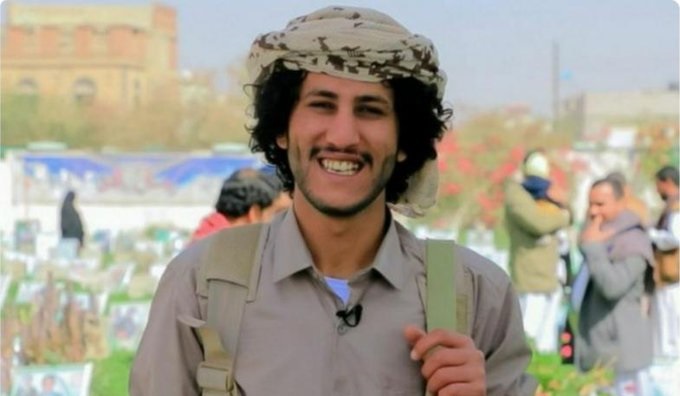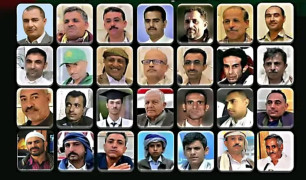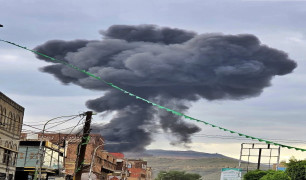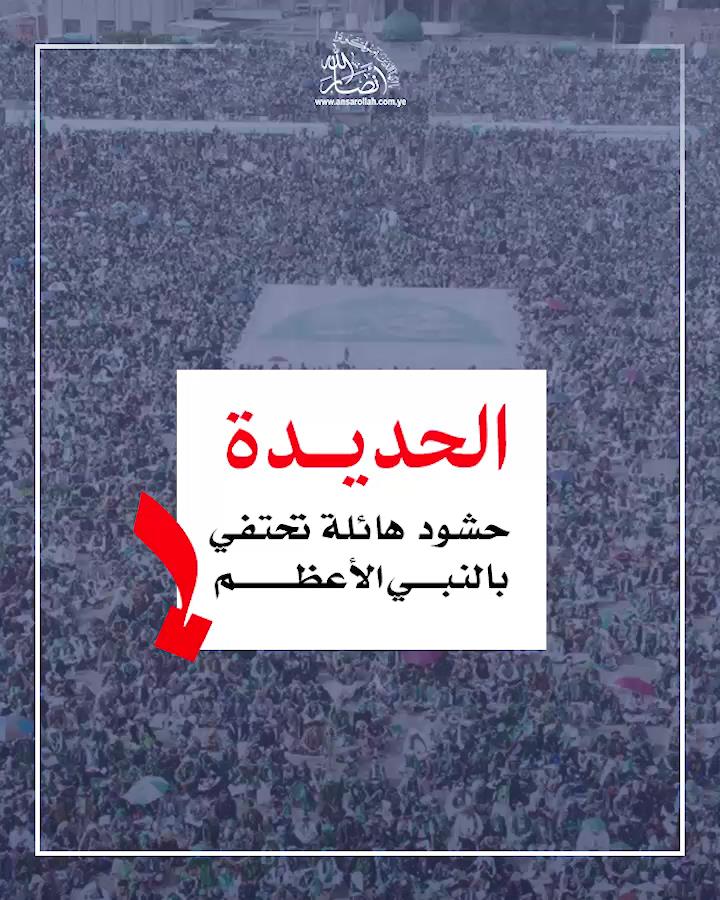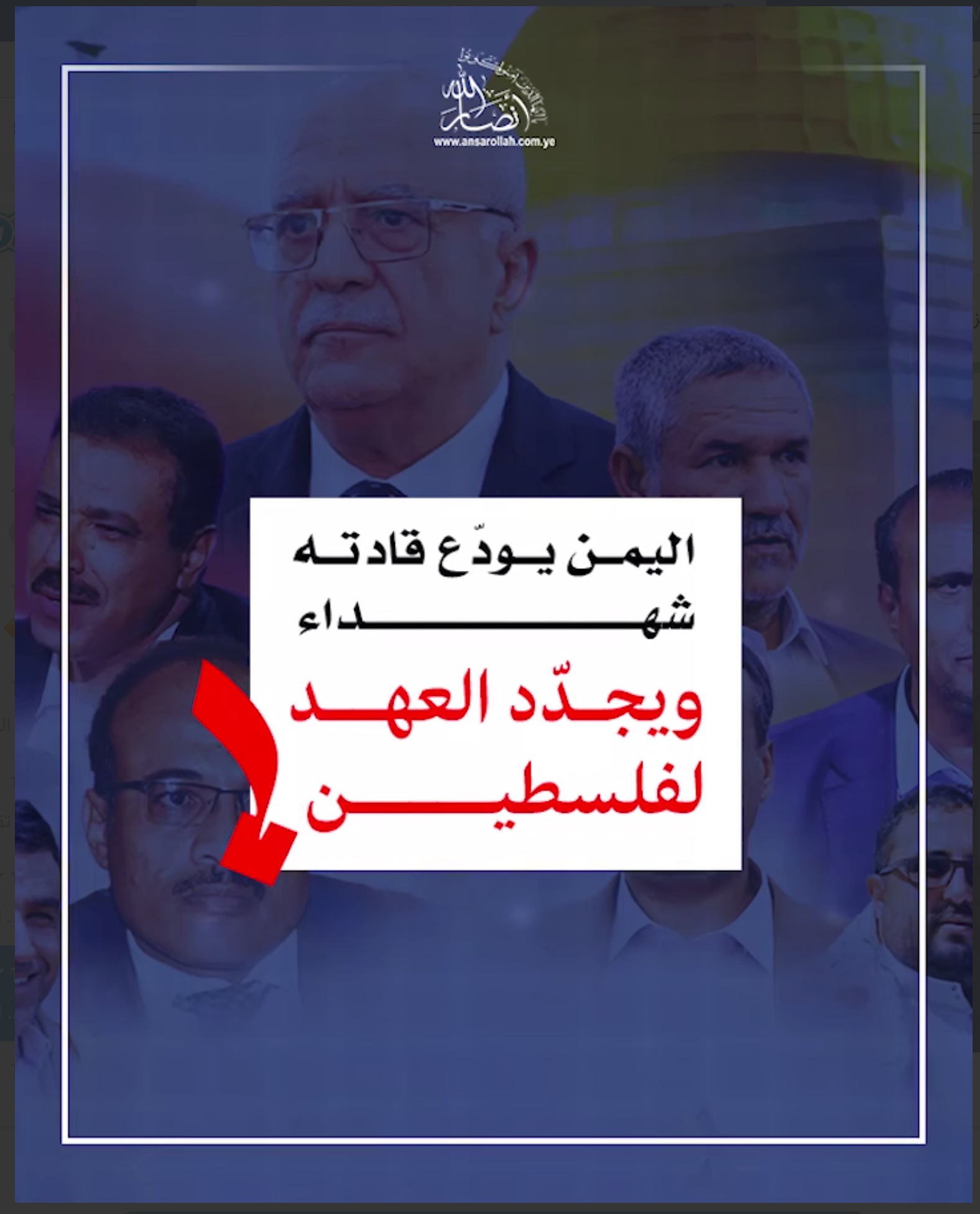وزارة الصحة بغزة: 3 شهداء و47 إصابة، ضحايا مصائد الموت خلال 24 ساعة، والإجمالي 2,497 شهيدًا وأكثر من 18,182 إصابة
وزارة الصحة بغزة: ارتفاع حصيلة العدوان الإسرائيلي منذ بدء العدوان على غزة إلى 64,905 شهداء و164,926 إصابة
وزارة الصحة بغزة: وصل إلى مستشفيات القطاع 34 شهيدًا و316 إصابة جديدة خلال 24 ساعة الماضية
صحيفة هآرتس الصهيونية: بسبب الحرب على غزة، إسبانيا تلغي صفقة ضخمة بقيمة 700 مليون يورو لشراء مدفعية مع شركة إلبيت "الإسرائيلية"
المكتب الإعلامي الحكومي بغزة: مزاعم سفر قيادات فلسطينية عارية عن الصحة، والعدو يوظف أدوات لنشر الأكاذيب ضد شعبنا
المكتب الإعلامي الحكومي بغزة: نحذّر من حملات تضليل ممنهجة تديرها أجهزة العدو ويشارك فيها أفرادًا وشبكات وأدوات مجنّدة معه
اللجنة الإعلامية لمخيم جنين: أجهزة أمن السلطة تواصل تعاونها الأمني مع العدو، واعتقلت 6 شبان من زبوبا غرب جنين المحاصرة
اللجنة الإعلامية لمخيم جنين: ارتفاع عدد شهداء جنين منذ بدء العدوان الإسرائيلي إلى 62، بينهم 4 برصاص واعتداءات أجهزة أمن السلطة
اللجنة الإعلامية لمخيم جنين: العدو يواصل عدوانه على المخيم لليوم 238، مدمراً المنازل وشاقاً الشوارع ومنع النازحين من العودة
سرايا القدس-كتيبة جنين: تفجير عبوة ناسفة (سجيل 2) بجيب عسكري صهيوني في قرية طيبة أمس وإصابات مباشرة








